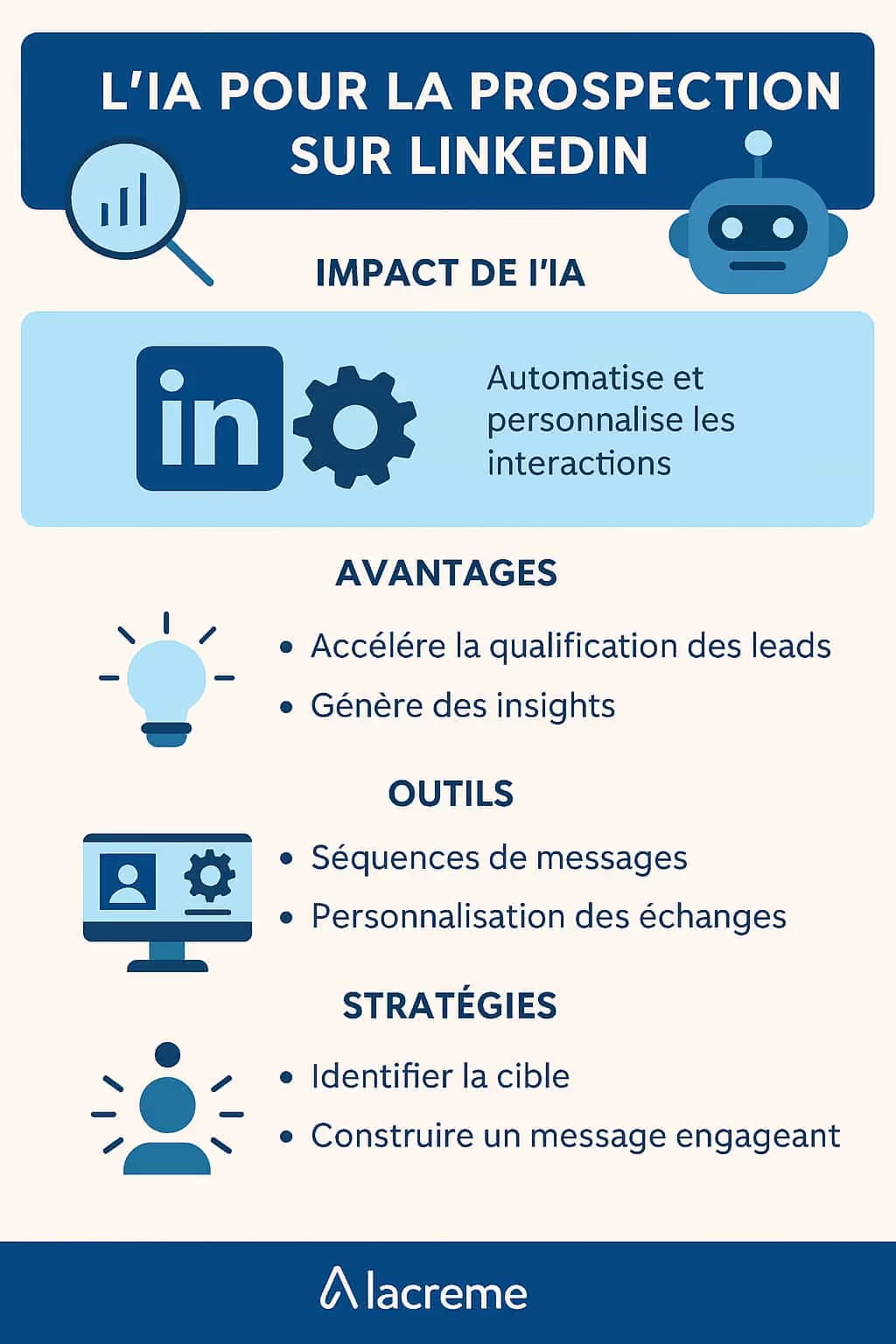At a time when digital transformation is affecting all business sectors,upbringing is no exception to this revolution. Les private schools, often considered to be precursors in the adoption of new pedagogical approaches, are particularly at the forefront in the integration ofartificial intelligence (IA) in their curricula. In this article, we will explore in depth the various aspects related to this integration within private schools, by examining the innovations, educational issues as well as the ethical and societal challenges that this represents.
The advent of Artificial Intelligence in the private education system
A historical and contextual overview
The rise of AI in education is not new, but its progress has accelerated in recent years. Originally used in research and industry, AI-based technologies have made their way into classrooms, especially in the context of innovative private schools. These institutions quickly identified the potential of AI to personalize learning and optimize teaching methods.
AI and its educational implications
AI technologies are creating a didactic and methodological upheaval. They allow teachers to better understand the individual needs of students through the analysis of big data, and to adjust the programs accordingly. THEautomation certain administrative or correction tasks also frees up time for more rewarding classroom activities.
AI-integrated curricula and curricula
Initial and continuing education focused on AI
Private schools, eager to prepare their students for the jobs of tomorrow, are multiplying the offers of training oriented towards artificial intelligence. This includes not only programming and data science, but also more cross-cutting areas such asethics of AI or human-computer interaction design. These courses aim to provide students robust skills in a constantly changing job market.
Case studies: successful AI interventions in the classroom
Several private schools around the world have become references in the integration of AI. For example, some use smart tutoring systems to provide personalized support or deploy Chatbots to facilitate student reviews. These case studies demonstrate the almost endless possibilities and potential benefits of AI when used in education.
Teaching strategies: How AI is transforming learning
From personalization to adaptability: AI at the service of the student
Personalization is one of the key words in modern education, and AI is a major contributor to this. By adapting the pace and the educational content to the needs of each student, intelligent technologies promote a better assimilation of knowledge and skills. Of platforms Adaptive to predictive algorithms, AI can choose the most appropriate path for each learner.
Active pedagogy and AI: towards a new educational dynamic
Innovation in AI also encourages active learning methods where students become the main actors in their education. The integration of AI-based projects, such as educational robotics or game-based learning (gamification), stimulates student engagement and creativity, while strengthening their understanding of AI-related concepts.
The challenges and ethical considerations of AI in education
Data privacy and security issues
The management of student personal data is a major concern in the use of AI. Schools must guarantee the confidentiality and security of information while complying with current regulations such as the GDPR in Europe. This involves adequate protection measures and transparency on their use of AI tools.
Equity and inclusion in the face of advanced technologies
Unequal access to AI technologies can widen the gap between different socio-economic backgrounds. In this context, private schools have a responsibility to democratize access to these innovative educational tools and to ensure that all students, regardless of their background, benefit from the same learning opportunities.
Preparing for the future: The importance of AI in tomorrow's skills
AI and future professional skills
The future of work will be closely linked to AI skills. The teaching ofartificial intelligence in private schools is therefore essential to prepare students for an economy where understanding and manipulating these technologies will be fundamental.
Private schools as incubators for AI innovation
Through their flexibility and their ability to quickly adopt new technologies, private schools present themselves as incubators ofinnovation in AI. They offer fertile ground for testing, improving and adopting AI technologies in an educational setting, and to train the thinkers, creators, and leaders of tomorrow who will shape the world with these tools.






